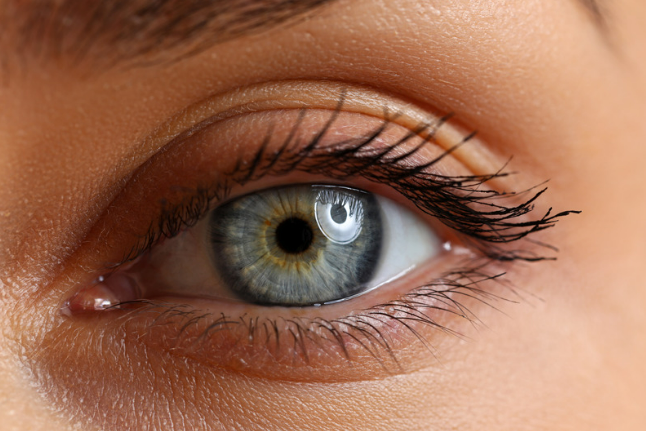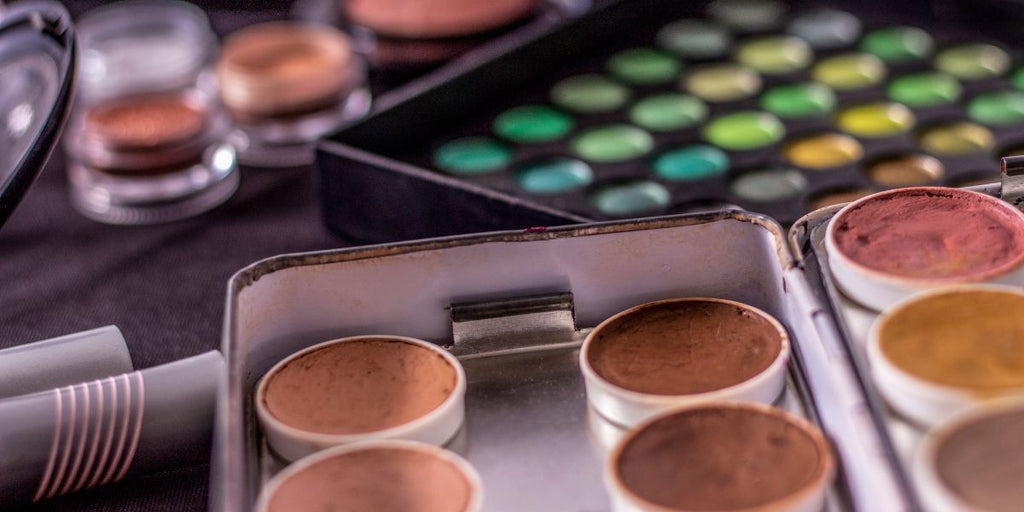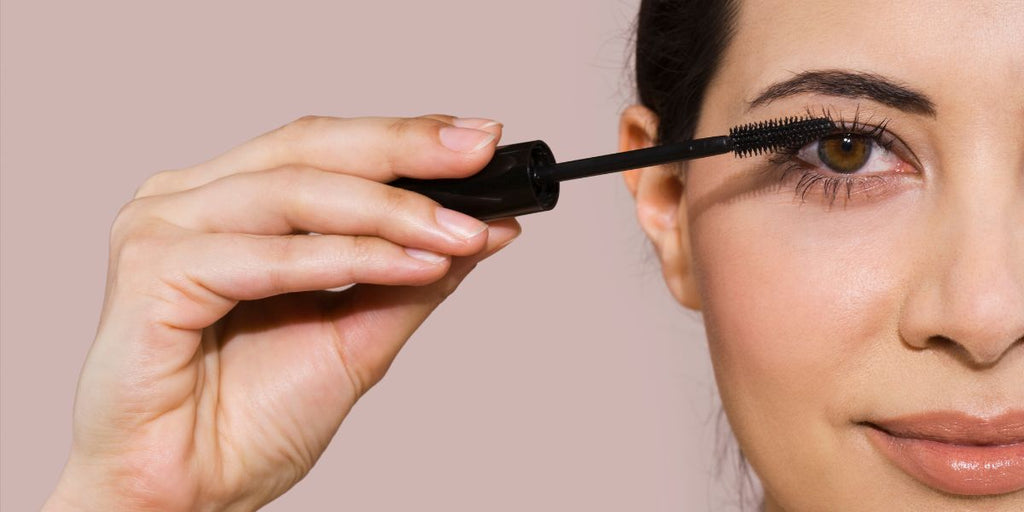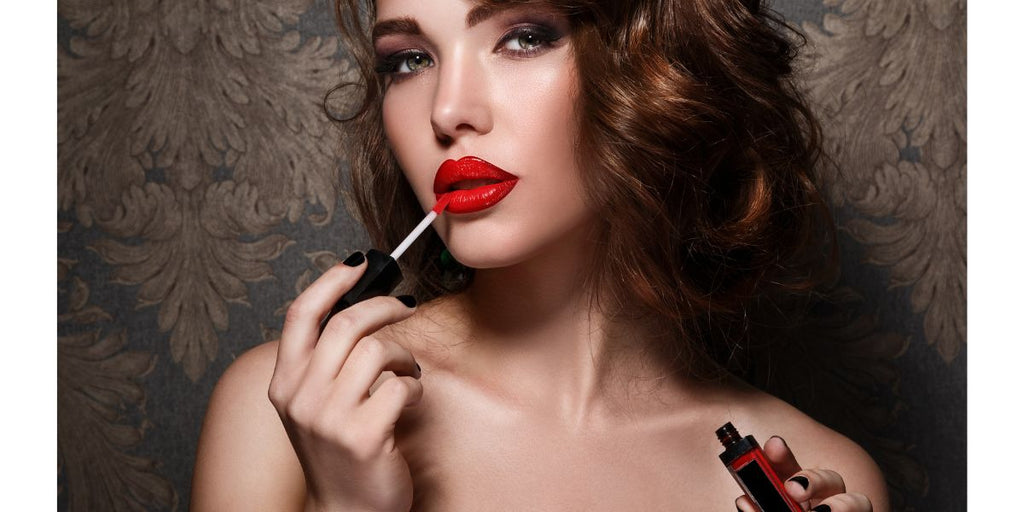
Sunscreen Essentials: Your Guide to UV Protection and Skin Health

Sunscreen Secrets: Your Ultimate Guide to Flawless, Sun-Safe Skin

When it comes to skincare, one product stands out above the rest for its essential role in maintaining healthy, youthful skin: sunscreen. Whether you're a skincare novice or a seasoned pro, understanding the importance of sunscreen and incorporating it into your daily routine is crucial. In this comprehensive guide, we'll delve into the core principles of sunscreen, its benefits, and how to choose the right one for your skin type.
Understanding Sunscreen
What Is Sunscreen?
Sunscreen is a topical product that helps protect your skin from the harmful effects of ultraviolet (UV) rays. UV rays from the sun can cause skin damage, premature aging, and increase the risk of skin cancer. Sunscreen works by either absorbing or reflecting these rays, thereby preventing them from penetrating the skin.
Types of UV Rays
-UVA Rays: These rays penetrate deep into the skin and are primarily responsible for premature aging and wrinkles.
-UVB Rays: These rays affect the outer layer of the skin and are the main cause of sunburn.
-UVC Rays: Although the Earth's atmosphere blocks these rays, they are the most dangerous type of UV radiation.
How Sunscreen Works
Sunscreens use active ingredients that act as a barrier against UV rays. These ingredients can be divided into two categories:
Chemical Filters: Ingredients like avobenzone and oxybenzone absorb UV radiation and convert it into heat, which is then released from the skin.
Physical Filters: Ingredients like zinc oxide and titanium dioxide physically block and scatter UV radiation.
The Benefits of Sunscreen
Prevents Sunburn
One of the immediate benefits of sunscreen is its ability to prevent sunburn. Sunburn is not only painful but also indicates skin damage that can lead to more serious health issues.
Reduces Risk of Skin Cancer
Regular use of sunscreen significantly reduces the risk of developing skin cancer, including melanoma, which is the deadliest form of skin cancer.
Prevents Premature Aging
Sunscreen protects against photoaging, which is the premature aging of the skin caused by repeated exposure to UV radiation. This includes wrinkles, fine lines, and hyperpigmentation.
Maintains Even Skin Tone
By preventing sun damage, sunscreen helps maintain an even skin tone and prevents dark spots and discoloration.
Choosing the Right Sunscreen
Consider Your Skin Type
-Oily Skin: Look for oil-free, non-comedogenic formulas that won't clog pores.
- Dry Skin: Choose sunscreens with hydrating ingredients like hyaluronic acid or glycerin.
- Sensitive Skin: Opt for physical sunscreens with zinc oxide or titanium dioxide, which are less likely to cause irritation.
SPF: What It Means and Why It Matters
SPF stands for Sun Protection Factor, and it measures how well a sunscreen protects against UVB rays. Here’s a quick guide:
- SPF 15: Blocks about 93% of UVB rays.
- SPF 30: Blocks about 97% of UVB rays.
- SPF 50: Blocks about 98% of UVB rays.
Broad-Spectrum Protection
Ensure your sunscreen offers broad-spectrum protection, meaning it protects against both UVA and UVB rays.
Water Resistance
If you plan to swim or sweat, choose a water-resistant sunscreen. Note that no sunscreen is completely waterproof, so reapplication is necessary.
How to Apply Sunscreen Correctly
Timing is Everything
Apply sunscreen at least 15 minutes before sun exposure to allow it to fully absorb and become effective.
Don't Skimp on Quantity
Use enough sunscreen to generously cover all exposed skin. For the face and neck, a nickel-sized amount is typically recommended.
Reapply Regularly
Reapply sunscreen every two hours, or immediately after swimming or sweating.
Don't Forget Often-Missed Spots
Areas like the ears, back of the neck, and tops of the feet are commonly missed. Make sure to cover these areas too.
Incorporating Sunscreen into Your Skincare Routine
Daily Use
Make sunscreen a part of your daily routine, even on cloudy days or when you're indoors, as UV rays can penetrate through clouds and windows.
Layering Products
Apply sunscreen as the last step in your morning skincare routine, after moisturizer but before makeup.
Makeup with SPF
While makeup with SPF can provide additional protection, it should not replace your regular sunscreen.
Common Sunscreen Myths Debunked
"I Don't Need Sunscreen on Cloudy Days"
Up to 80% of UV rays can penetrate through clouds, so sunscreen is essential every day.
"Darker Skin Tones Don't Need Sunscreen"
While melanin provides some protection, it is not enough to prevent skin damage and cancer. Everyone, regardless of skin tone, needs sunscreen.
"One Application Lasts All Day"
Sunscreen breaks down over time and with exposure to sunlight, so reapplication is crucial.
"High SPF Means No Need to Reapply"
No matter how high the SPF, reapplication every two hours is necessary for continued protection.
Conclusion
Incorporating sunscreen into your daily skincare routine is a simple yet powerful step to protect your skin from harmful UV rays, prevent premature aging, and reduce the risk of skin cancer. By understanding the different types of sunscreen, choosing the right one for your skin type, and applying it correctly, you can enjoy the sun safely and maintain healthy, beautiful skin.
FAQs
1. How often should I reapply sunscreen?
Reapply every two hours, or immediately after swimming or sweating.
2. Can I use the same sunscreen on my face and body?
Yes, but facial sunscreens are often formulated to be less greasy and more suitable for delicate facial skin.
3. Is sunscreen necessary indoors?
Yes, UV rays can penetrate windows, so indoor protection is important.
4. Can I use expired sunscreen?
No, expired sunscreen may not provide adequate protection.
5. What's the difference between chemical and physical sunscreen?
Chemical sunscreens absorb UV rays and convert them to heat, while physical sunscreens block and scatter UV rays.





